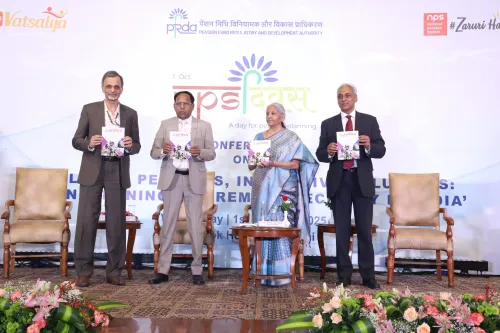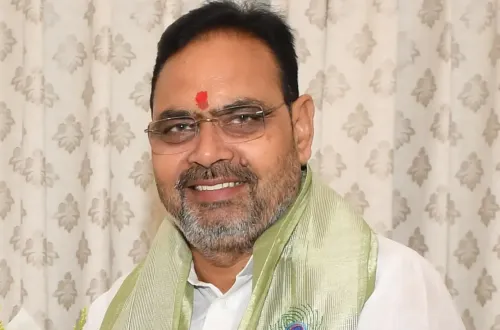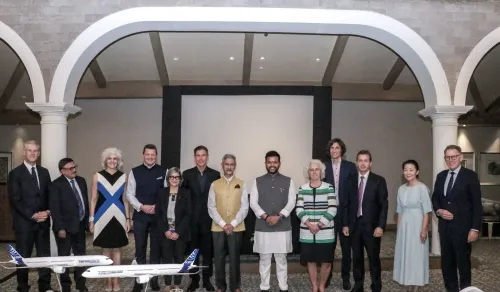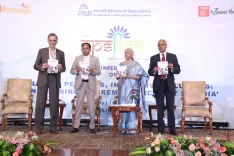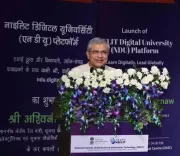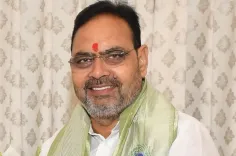Will the Kerala Govt Medical College Teachers Association Resolve Long-standing Grievances?
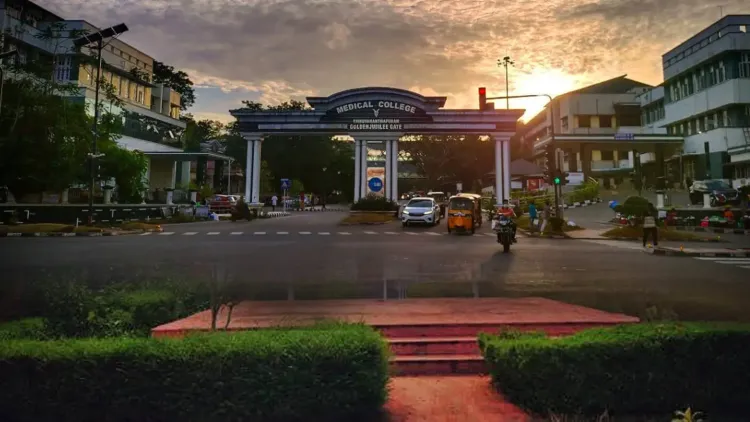
Synopsis
Key Takeaways
- Statewide protests highlight unresolved issues among medical faculty.
- Unpaid salaries and staff shortages are critical concerns.
- KGMCTA plans escalating actions if demands are unmet.
- Protests aim to ensure quality education and patient care.
- Government's response is crucial to avoid further unrest.
Thiruvananthapuram, Oct 2 (NationPress) The Kerala Government Medical College Teachers Association (KGMCTA) has declared a statewide candlelight vigil and sit-ins at all medical colleges at 6.30 p.m. on Friday to bring attention to the escalating frustration among faculty regarding unresolved issues.
This will be succeeded by a statewide sit-in at 1 p.m. on October 10, indicating a further escalation if the government does not take action.
Kerala is home to 12 government medical colleges providing MBBS programs, totaling 1,755 MBBS seats.
These institutions play a crucial role in the state’s medical education framework.
The association has urged the government to address various longstanding matters, such as unpaid salaries, arrears in dearness allowance, inconsistencies in entry-level cadre pay, and the lack of new teaching positions in recently established medical colleges.
Relocating current faculty members without adding new posts has worsened staffing shortages, impacting both education and healthcare service delivery.
KGMCTA officials have pointed out that these difficulties have also impeded the induction of new doctors into the system.
Earlier this month, the association observed a 'black day' protest on September 22 and a statewide sit-in on September 23 to draw attention to these pressing issues.
Despite assurances from the state cabinet, no tangible measures have been implemented to resolve the demands, prompting this escalation. KGMCTA President Dr. Roshnara Begum T. and General Secretary Dr. Aravind C.S. cautioned that if the government continues to overlook these matters, the association might take further steps, including phased teaching boycotts and even strikes on outpatient services, highlighting the gravity of the situation.
The protests reveal a growing discontent among faculty in Kerala's medical colleges, who are advocating for the timely resolution of salary and allowance arrears, rectification of pay discrepancies, and adequate staffing to ensure high-quality medical education and patient care.
The candlelight protests on October 3 and the sit-ins on October 10 represent a critical juncture in the ongoing standoff, indicating that KGMCTA is ready to amplify its agitation if the state government does not swiftly respond to the faculty's long-standing demands.

